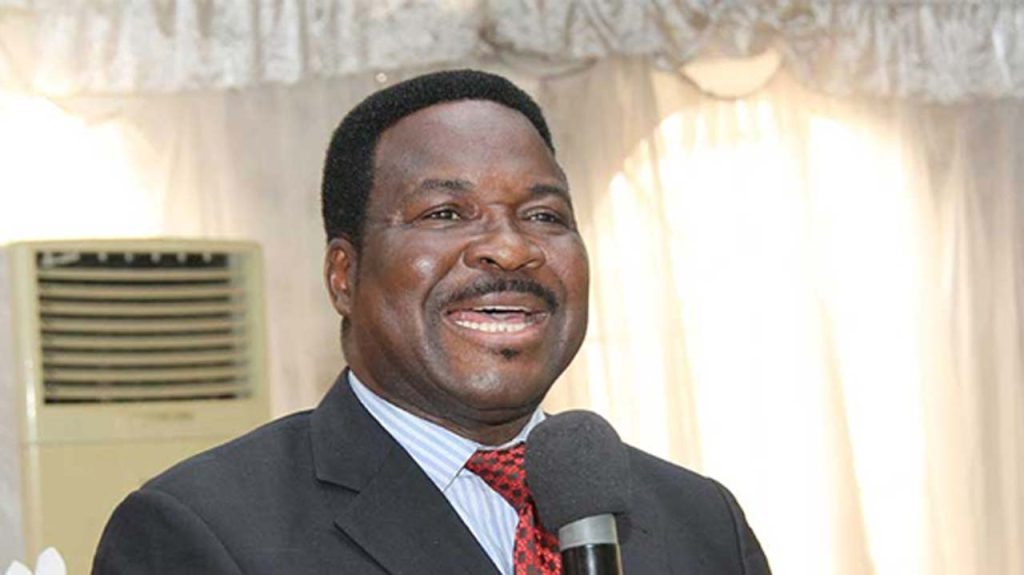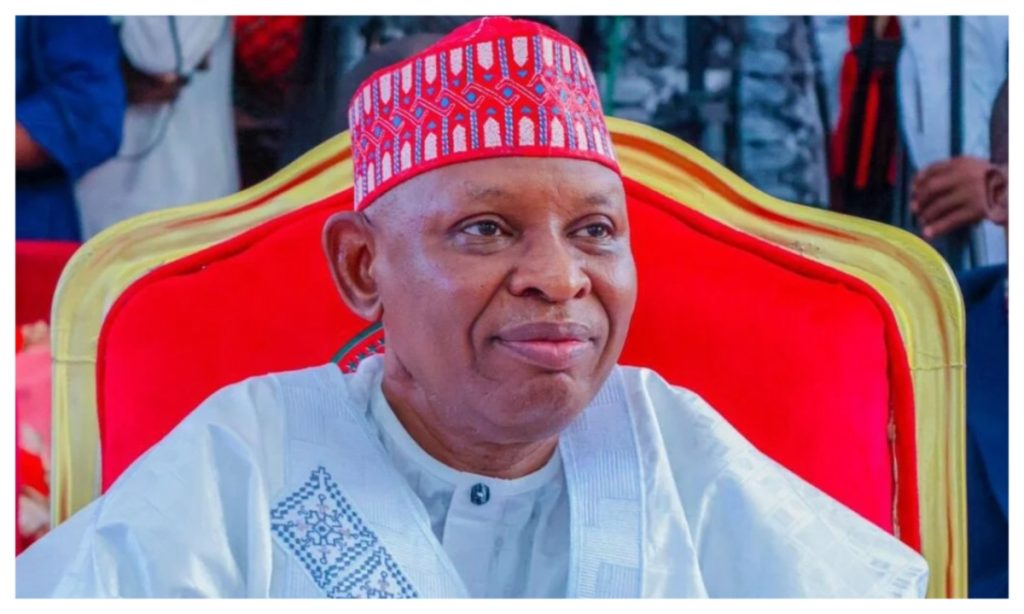The Nigerian Presidency has reaffirmed President Bola Tinubu’s commitment to inclusive economic growth, addressing the country’s persistent poverty levels despite rising government revenue and increased capital expenditure. This comes after a recent World Bank report highlighted the need for policies to improve the living standards of Nigerian citizens.
According to Sunday Dare, Special Adviser to the President on Media and Public Communication, the administration is focused on household welfare through measurable interventions, including the Conditional Cash Transfer program, which has reached up to 15 million households and disbursed over ₦297 billion since 2023. The Renewed Hope Ward Development Programme aims to deliver micro-infrastructure, essential services, and livelihood support directly to grassroots communities.
The government is also consolidating social investment schemes, such as N-Power, GEEP loans, and the School Feeding Programme, to protect jobs, support micro-businesses, and keep children in school. Efforts to address food security include subsidized grain distribution, fertilizer support, and agricultural mechanization, with strategic food reserves being revitalized to stabilize prices and boost supply.
The World Bank has acknowledged Nigeria’s progress in economic growth, domestic revenue mobilization, and monetary policy, but notes that more needs to be done to ensure these gains translate into better living standards for citizens. The bank recommends tackling food inflation, improving public spending efficiency, and expanding social protection to bridge the gap between macroeconomic progress and improved welfare.
Nigeria’s economy is projected to grow modestly from 4.2% in 2025 to 4.4% in 2027, driven by services and supported by agriculture and non-oil industry. The government’s investments in agriculture, MSMEs, and power infrastructure are expected to stimulate job creation and reduce living costs. As these programs mature, Nigerians can expect visible improvements in food prices, income, and purchasing power. The administration’s focus on transparency and accountability in social investment, including the expansion of the National Social Register, aims to include every vulnerable community and lay the foundation for a fairer and more prosperous Nigeria.



